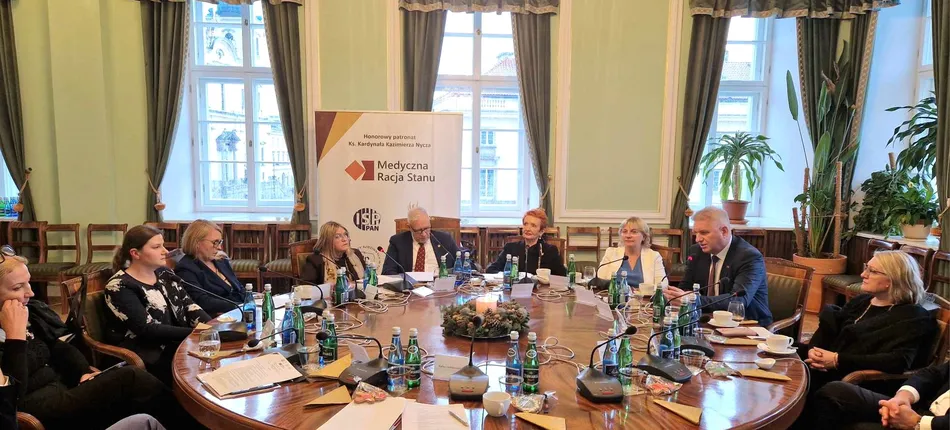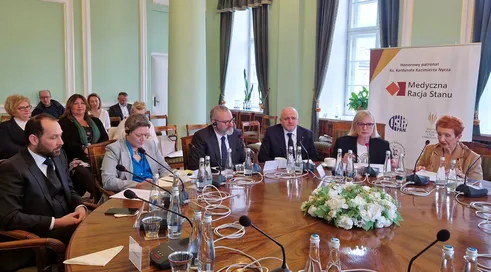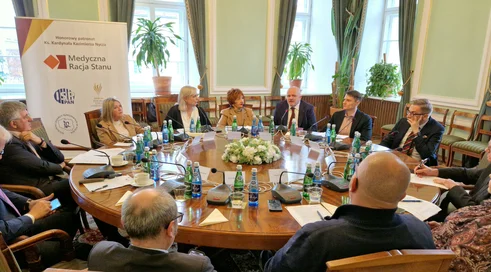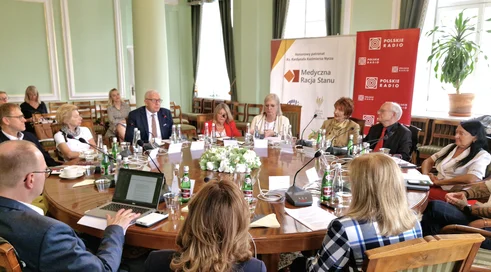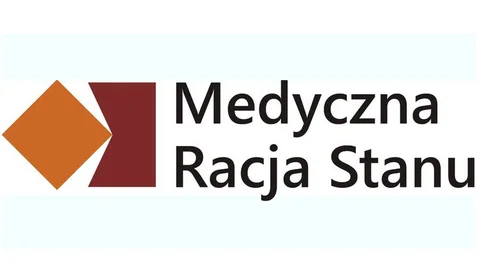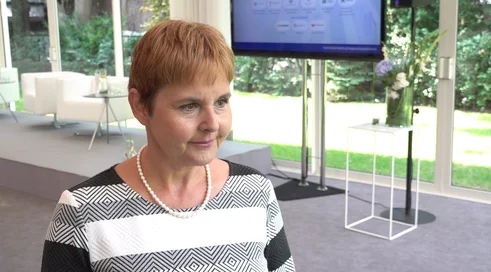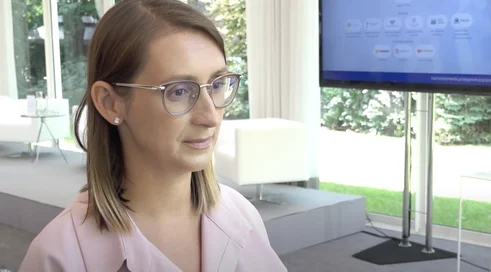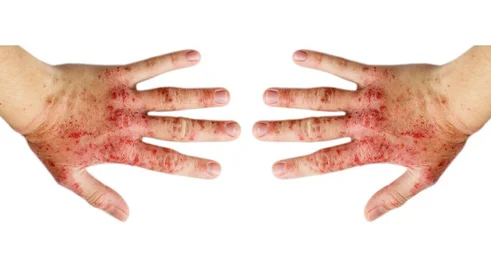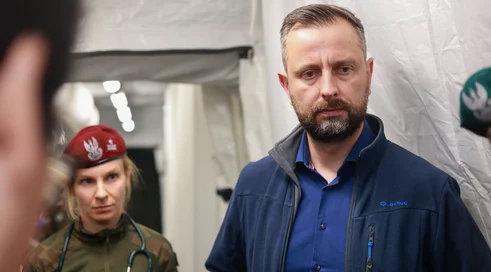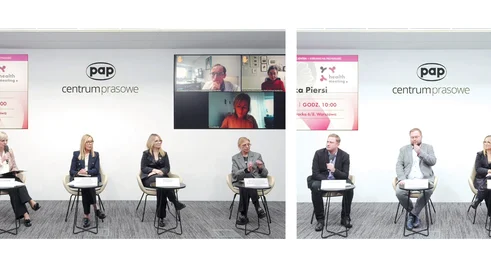A meeting was held in Warsaw on December 17 to discuss the key challenges facing the health care system in the coming year. This will be, due to the Polish presidency of the EU, a special year. Poland has defined the priorities of its presidency, centered around the issue of security in the broadest sense. In health care, the leading topics will be, in addition to drug safety: digitization, prevention and the mental health of children and adolescents, which we want, as a country, to put permanently on the agenda of the European Commission.
- Although the area of health is the responsibility of member states, the European Parliament wants to take more initiatives in this area. Already in 2019, on the initiative of Poland, the area of cancer was dealt with by a specially established subcommittee. A European Cancer Plan has been created, and the declarations of the new health commissioner go in the direction of preparing analogous programs for cardiovascular and neurodegenerative diseases, among others," said Adam Jarubas, MEP (elected chairman of the new EP Health Committee in December). In turn, Prof. Boleslaw Samolinski spoke about common challenges of Poland and the entire European Union - such as demographic changes, addiction prevention, especially among the young (e-cigarettes!) or obesity.
However, as Dr. Jakub Gierczynski stressed in his summary of the several-hour discussion, the list of issues that can and should be addressed during the Polish presidency is longer. - The issue that is unquestionably the most important at the moment is the level of public spending on health, he pointed out.
- We must stand in the truth. Health outlays are growing, but they are not yet sufficient," said Deputy Health Minister Wojciech Konieczny. The Left politician was clearly at a crossroads: on the one hand, he stressed that the increase had helped solve the problem of health care salaries, for example, and on the other, he admitted that the amount of outlays would not allow the system to heal. - But this is already on the horizon, he argued, adding that we are past the time when it seemed necessary to "double outlays." However, Dr. Jakub Gierczynski, citing a November OECD report, stressed that looking at expenditures per capita (EUR PPP), Poland spends EUR 1.9 thousand, the Czech Republic spends just over EUR 2.8 thousand, and the EU average is close to EUR 3.6 thousand - so we're not much above the level where, to reach the average, we would just have to double outlays.
And while the discussion at the December meeting tended to focus on challenges and plans for 2025 (and probably subsequent years), the question of the financial framework within which decisions will be made resonated strongly in the background. Whether, for example, decisions will be made to expand accessibility to drug programs already in place. An example is the treatment of drug-resistant depression. The drug program is in place, but, as Prof. Piotr Galecki, national consultant in psychiatry, said, the exorbitant criteria mean that instead of about a thousand patients - as was assumed at the stage of work on the program - it covers about 150. After a year of operation, experts have prepared a proposal to change, to soften the criteria - the idea is to allow patients with a first episode of the disease to be included in the program as well, or to remove the age limit (75 years). This is important, as evidenced by the many voices of experts at the MRS meeting, emphasizing how big - and growing - a challenge the deteriorating mental health of seniors is. - Escetamine, unlike commonly used antidepressants, has an immediate effect. The patient gets the drug, ten minutes pass and he starts smiling," explained Prof....
Content locked
To gain access to the complete English section of the Medexpress.pl, kindly reach out to us at english@medexpress.pl.



